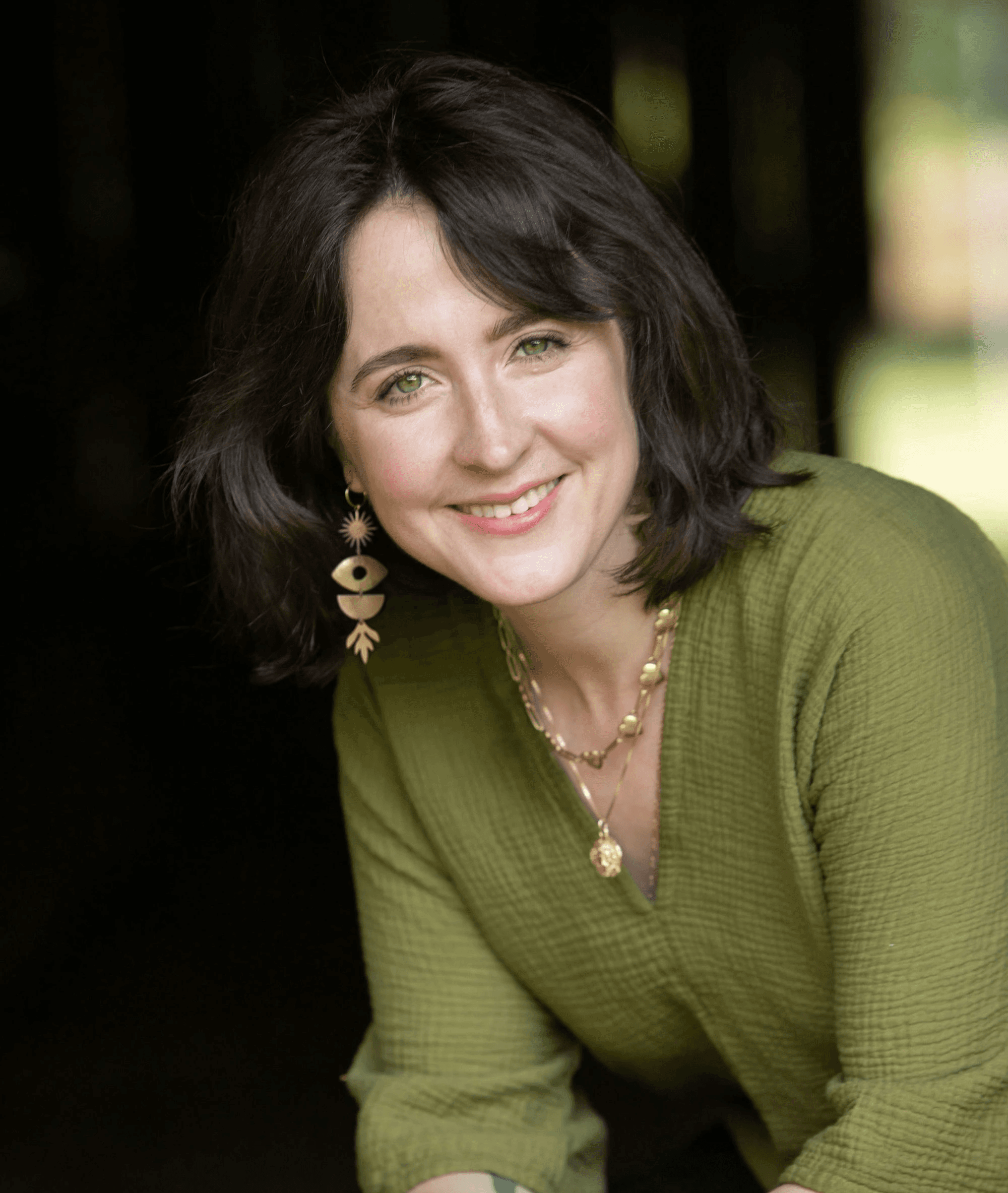Ellen Louisa LeMauviel
Licensed Psychotherapist
Licensed in
California
What are your areas of interest?
Grief and traumatic loss, anxiety, self compassion, parenting, pregnancy, creativity, relationships, psychedelic integration, health challenges, spiritual practice, and collective liberation.
Best way for potential clients to contact you
contact@therapywithlouisa.com
For ten years I have been partnering with clients to better understand, care for, and harness their unique strengths and sensitivities. I love supporting clients in making friends with neurodivergence, healing and growing around trauma and loss, relating with compassion and courage toward themselves and others, and integrating spiritual, psychedelic and creative experiences. I accompany clients in uncovering what most matters to them and what brings them alive, and together we explore ways to align their lives in that direction.
What is a superpower folks with ADHD have?
The ability to make surprising, beautiful, and powerful connections between complex intersections of ideas.
What do you recommend to help clients focus on their work?
Some neurospicy brains have the ability to consider many ideas, projects, world events, and possible outcomes all at once, which can sometimes be wonderful, and other times immobilizing. Difficulties can come up when it’s not clear where to get started, the sense of linear time is unclear, the task at hand doesn't feel compelling (or worse, feels painfully boring), and there are multiple urgent and/or interesting pathways competing for attention. On top of that, there is often added mental clutter from internalized self-criticisms that have snuck in while living with neurodivergent tendencies in a neuronormative culture. This combination can make procrastination magnetizing and create scenarios ripe for hyperfocus on other things not connected to the goal at hand.
A series of steps that can help: To start, it can be useful to make a task interesting by honing in on the why for doing it, and envisioning the rewarding feeling of having it done. Next, it can reduce executive functioning strain to separate planning from doing and block time off in advance of a work period to break a targeted task down into clear and simple steps, then figure out where and when to start. It can also help to plan ahead for minimizing distractions and maximizing external reminders and accountability supports (like focused space!). Once go-time comes it can be useful to get into action even for a very short period of time so flow has a chance to come next.
How would you describe your unique style of working with clients?
Therapy sessions with me are tailored to the processing styles, goals, and interests of the people I work with. I meet people where they are and offer options for exploring from there. Depending on preference, sessions can range from talk therapy to extended EMDR sessions, trauma informed regulation and resourcing strategies, practice with nonviolent communication skills, guided meditations and visualizations, art making, and expressive writing. I've also been known to sing to clients on occasion.
As a therapist, I listen with an ear toward each person's own inner guide, artist, and expert in the work of navigating their lives. Though I come with a depth of theoretical knowledge and a decade of broad clinical experiences from childhood to end of life care, I enter the space of therapy with human to human presence. As a human I have been seasoned by personal experience with grief, neurodivergence, spiritual practice, art making and parenting that continues to forge the strength, compassion and humility I bring to the room.
What does mental wellbeing mean to you?
Having the ability to respond skillfully to the inevitable ups and downs of life's experiences, and to become more resilient, tenderized, and genuine in response to them.
What do you love about working with your clients?
It is an honor to witness and support people as they find ways to become more fully themselves, in all of their quirks and life experiences. It's inspiring and moving to see the ways people then become able to bring the gift of their suchness more fully to the world.
Qualifications
Masters degree from California Institute of Integral Studies, with a focus in Expressive Arts
Certificate in Psychedelic Assisted Therapies and Research from California Institute of Integral Studies
Bachelor's degree from Oberlin College in Art and Psychology
EMDR Institute trained
Untraining White Liberal Racism trained, Phase 1
Client Expertise
Neurodivergent adults, LGTBQ+ and neuroqueer community, highly sensitive people, young adults, creative and healing professionals, students, grievers, people with invisible disabilities, and people on spiritual paths.
Treatment Approach
I hold an integral neurodiversity affirming frame that includes attention to the impacts of identity, culture, body, environment, and sensory needs. My approaches blend elements of mindfulness, somatic awareness, EMDR, depth work, parts work, attachment theory, polyvagal theory, acceptance and commitment therapy, existential and transpersonal (spiritual) lenses, narrative approaches, nonviolent communication, liberation psychology, and expressive arts therapy.

